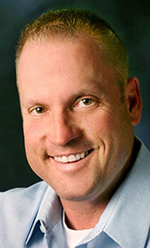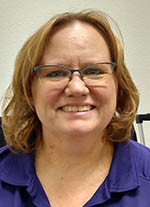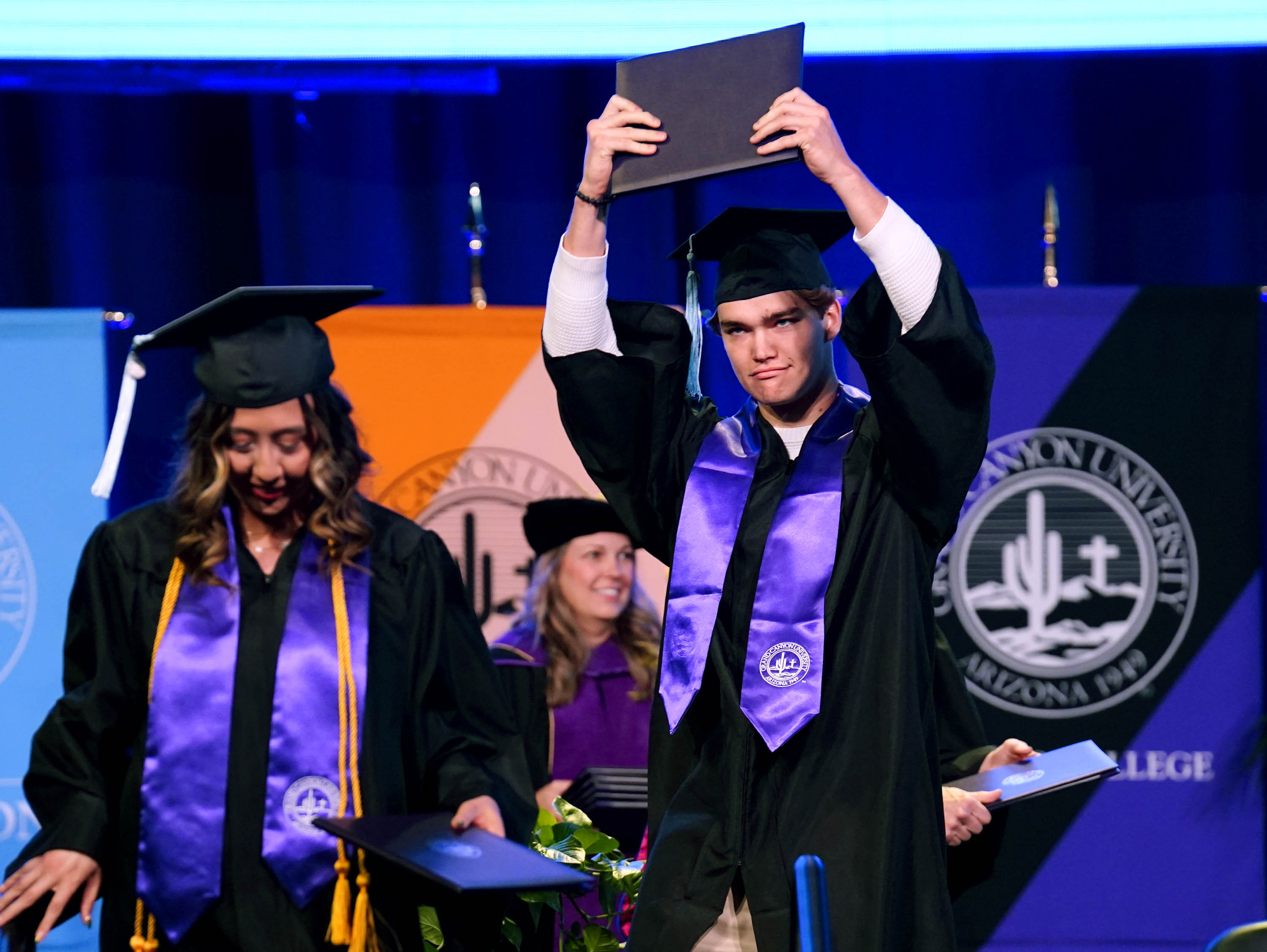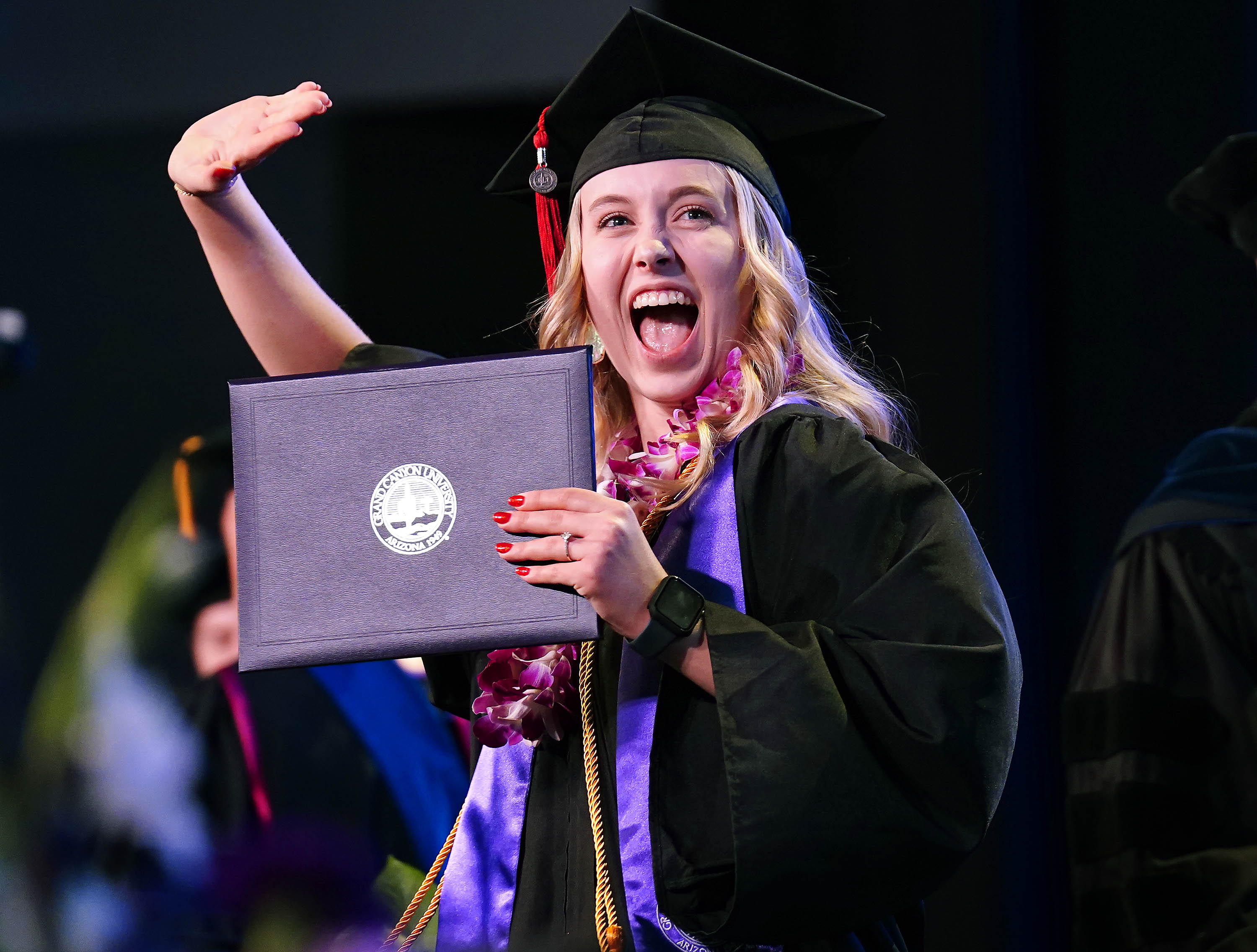By Rick Vacek
GCU News Bureau
Steve Wagner has seen it for himself. The Phoenix firefighter and paramedic routinely answers calls to help people who are in cardiac arrest, and there’s a simple fact of life, literally, that he has come to know about the situation.
“First responders will tell you generally,” he said, “that when immediate resuscitation isn’t performed before their arrival, the outcomes are generally poor.”
Because of his passion for people, Wagner established the RightCare Foundation, a nonprofit that advocates for best practices in home care, independent, assisted and skilled nursing facilities in the Valley. His goal is to elevate the industry care standard making it mandatory for those facilities to provide on-site, immediate cardiocerebral resuscitation 24 hours a day.
But such a massive undertaking doesn’t happen easily or quickly, and it doesn’t happen without documentation and support from other organizations. “It’s a very big task for a new organization in the nonprofit marketplace,” Wagner said.
It became more doable, however, when Dr. Elissa Torres of the Colangelo College of Business at Grand Canyon University was told by a colleague of Wagner’s mission — and saw a chance for her students to get valuable real-world experience.
Wagner needed numbers for a presentation to the Governor's Advisory Council on Aging on the impact that the non-resuscitation of home care, independent, assisted and skilled nursing facilities has on society. Torres used her eight years of experience in the healthcare-management field to gather financial figures and enlisted the help of four Colangelo Scholars — Cinthia Monge, Josh McGuire, Chelsea Evans and Kevin McCoy — to study the social impacts. Torres estimated that the students spent 20-30 hours apiece, all on their own time, doing the work.
“It was a great learning experience,” said Monge, a junior marketing major who, as a commuter student, had to make special trips to campus from her home in west Phoenix to work on the assignment. “I definitely want to get more involved with this, and I hope we’ll get more opportunities like this.”
The students looked into such items as census data to determine how many people in the Valley are affected by the problem at the 72 senior independent living facilities, the potential legal impacts and what other states require of such facilities in terms of providing CPR, either currently or in proposed legislation.
“I think they really enjoyed getting practical experience doing a study that was for an actual organization,” Torres said. “They could see from all the practical resources they could pull, they didn’t realize that there’s this much out there. Some of it was actually from working with all these government websites and seeing how much data was out there, but then they had to learn how to filter all of that data.”
Monge said the amount of information the group gathered was “overwhelming at first.” Torres explained it thusly:
“We looked at the financial impacts to the patient, the patient’s family and the state and federal government. There also were auxiliary costs because if these particular individuals did not get immediate resuscitation, they went from a thriving, contributing member of society who goes out and spends, from what we saw, pretty good money — in fact, they spent most of the money that they had. They weren’t keeping anything because at that point in their life they didn’t need to.
“Now all their money was focused on keeping their life going in assisted living. They weren’t contributing to restaurants. They weren’t going out to movies. This particular population is big on volunteerism, and they weren’t doing any of that anymore. Then there’s the social impact of the dynamic with their family and how that changed.”
To bring the experience full circle, Torres had the students meet the RightCare board of directors and present the findings to them. Wagner, in turn, said he has used the study to line up grants totaling $200,000 with more promised.
“It has caught the attention of people I’ve presented it to,” he said. “The information Dr. Torres and her students provided us has really helped accelerate our community impact. I definitely have to credit that study for our success in our first major grant application.”
They’re not done. Torres and the students are working with RightCare to examine another facet of the issue: the statewide impact of immediate resuscitation and unwanted resuscitation. Torres estimated that long-term therapy can cost up to $135,000 a year, not including the price of living in a care facility, and said there have been cases in which lawsuits were filed because do-not-resuscitate orders were overlooked or ignored.
But the heavy lifting already has been done, and for that Wagner is grateful.
“We’re excited about where we’re headed,” he said.
Contact Rick Vacek at (602) 639-8203 or [email protected].





